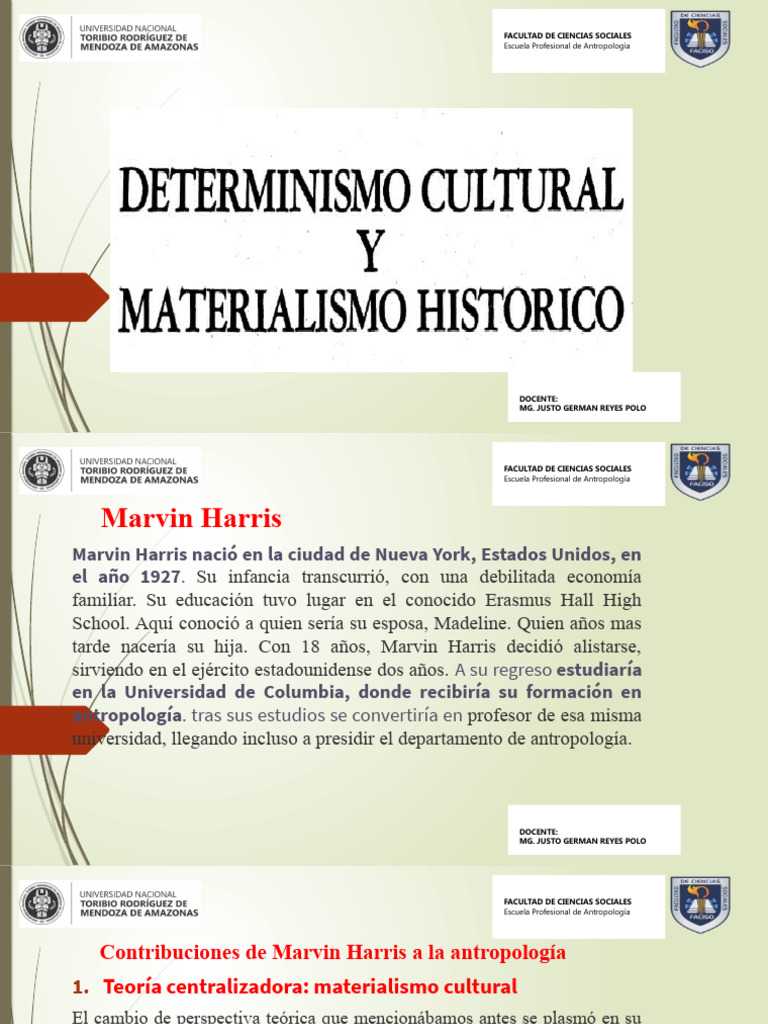Cultural determinism is a multifaceted and provocative concept that posits that the culture in which individuals are embedded substantially shapes their behaviors, beliefs, and interactions. Rooted in the philosophical arena, this paradigm places immense emphasis on the socio-cultural milieu as an agent of influence, rendering it a pivotal lens through which to examine human agency and societal development. By exploring cultural determinism, one can shift their perspective on how identity and personal entrenchments are crafted, invoking a profound curiosity about the intricacies of cultural impact.
At its core, cultural determinism navigates the ontology of human existence, eschewing biological determinism—an ideology that attributes human behaviors strictly to genetic inheritance. Instead, it champions the idea that social constructs, prevalent practices, and prevalent ideologies are the true architects of individual and collective behaviors. The implications are vast, for, if culture is indeed a formidable force, it raises pertinent questions regarding free will, identity formation, and societal norms.
Cultural determinism is frequently articulated through the lens of three major tenets: the impact of language, the role of institutions, and the significance of shared ideologies. Each element serves as a powerful catalyst in the cultural apparatus, molding perceptions and propelling societal narratives.
Language, often considered the bedrock of culture, functions not only as a medium of communication but as a formidable shaper of thought. Linguistic relativity—the hypothesis that the structure and vocabulary of one’s language influence their worldview—is a salient illustration of cultural determinism in action. For instance, communities with language structures that emphasize collectivism may foster a heightened sense of communal identity as opposed to those that prioritize individualism.
Moreover, the lexicon and syntax of a culture can dictate its moral and ethical frameworks. Consider how the nuances inherent in the vocabulary surrounding familial and community relationships can engender diverse emotional responses and behavioral norms. In some cultures, specific kinship terms embody significant familial hierarchies and exert undeniable influence on interpersonal relations, which can alter the lens through which ethical dilemmas are approached.
Transitioning from language to institutions, it becomes evident that the organized structures within a society play a pivotal role in perpetuating or subverting cultural norms. Educational systems, religious organizations, and political institutions can profoundly influence cultural narratives, dictating what is deemed acceptable and under what contexts behaviors may be permitted. For instance, consider the impact of formal education; the curriculum often reflects and reinforces cultural values, thereby shaping generational perceptions regarding race, gender, and class.
Religions, too, serve as powerful institutions of cultural determinism. They not only provide ethical guidelines but also influence laws and societal conduct. The spiritual narratives espoused by various religious traditions can dictate behavioral expectations, shaping moral compasses that govern personal choices and community conduct. Therefore, these institutions function as gatekeepers of cultural continuity, threads weaving through the fabric of society.
The third essential tenet examines the shared ideologies that permeate culture. These prevailing beliefs can create a robust framework within which societal behaviors are understood. For example, capitalist ideologies may engender competitiveness and individual success as paramount values, whereas collectivist ideologies may prioritize community welfare and shared achievements. The consequences are substantial—individuals may find themselves nudged towards conforming to the dominant ideology, often subconsciously.
If we entertain the notion of cultural determinism, it also compels us to confront the darker realities of culture’s influence. As cultures evolve, they can engender pernicious norms and practices that may perpetuate inequality or injustice. Take, for instance, the social constructs surrounding race. In various cultures, systemic biases embedded within cultural narratives have led to the marginalization of certain groups. Cultural determinism here not only offers insight into the mechanisms at play but also serves as a clarion call for cultural introspection.
However, it is critical to recognize that the cultural determinism model does not imply a deterministic fate devoid of agency. While culture undeniably influences behavior, human beings possess the unique capability to interrogate, contest, and ultimately reshape the cultural narratives that define their lives. Movements geared toward social justice, environmental protection, and equity epitomize this capability in action. The power of collective action, infused with a revitalized cultural narrative, engenders transformative possibilities.
In examining cultural determinism, one must also embrace the complexity and dynamism inherent in culture. It is not a monolithic entity; cultures are continuously evolving and reinterpreting themselves in response to both internal and external pressures. Sometimes events such as globalization or technological advancement catalyze cultural shifts, leading to hybrid identities and diverse worldviews. These changes accentuate the fluid nature of cultural beliefs, offering fertile ground for innovation and adaptation.
Ultimately, a deep understanding of cultural determinism encourages not just a passive acknowledgment of cultural influence, but an active engagement with its ramifications. It catalyzes a shift in perspective, challenging individuals and societies to interrogate the origins of their beliefs, practices, and social structures. By accepting that culture is a powerful determinant of human behavior, society can pave the way towards a more equitable and conscious world, one that champions diverse voices and fosters a deeper understanding of our collective humanity.
As we navigate the complexities of cultural determinism, it becomes imperative to balance perspective with inquiry. Through curiosity and examination, we can redefine what it means to belong, engage actively in our societies, and embrace the rich tapestry of shared human experience.
